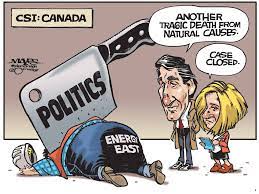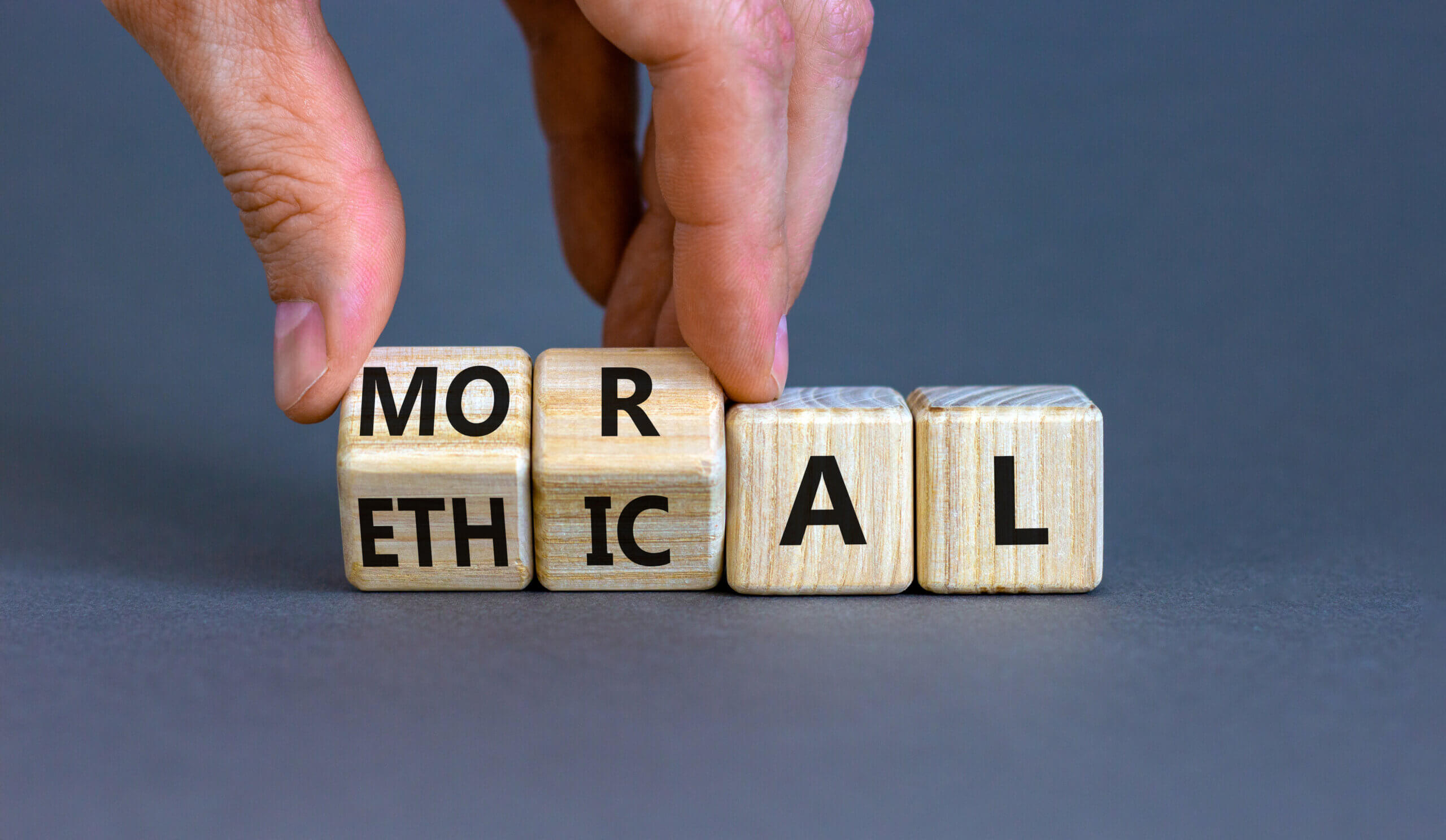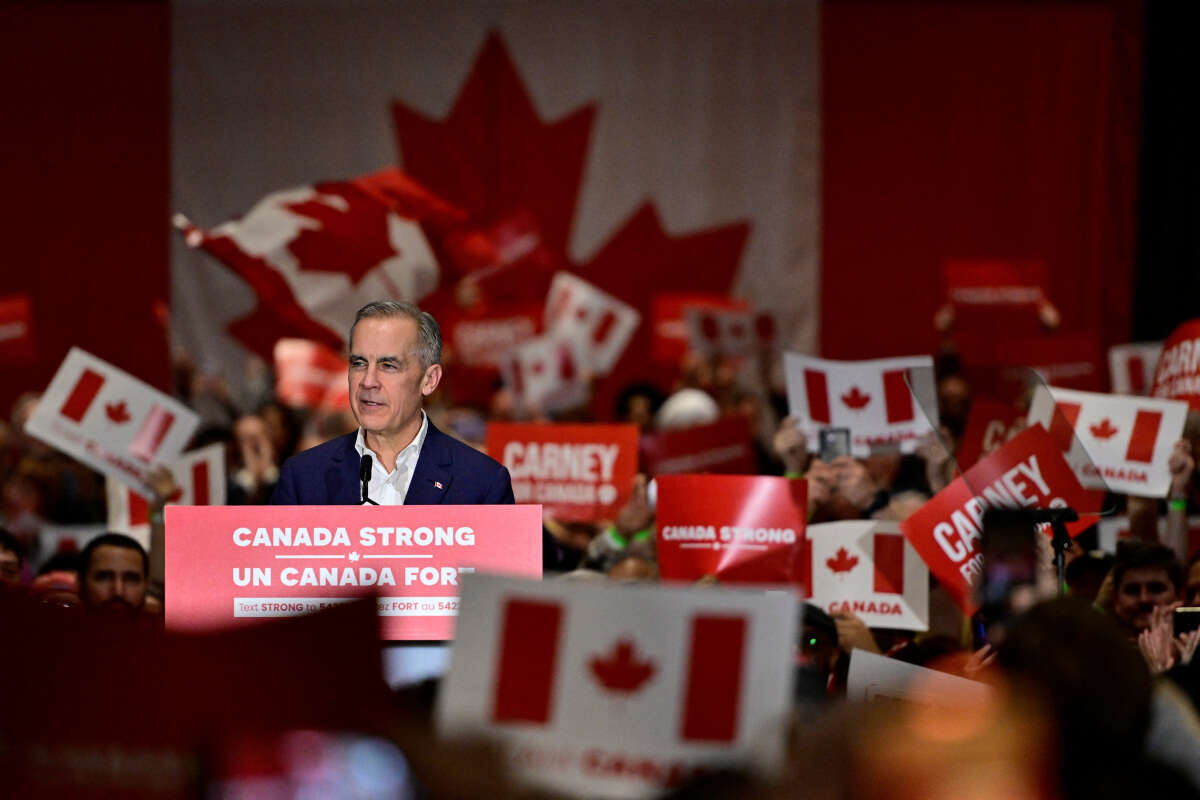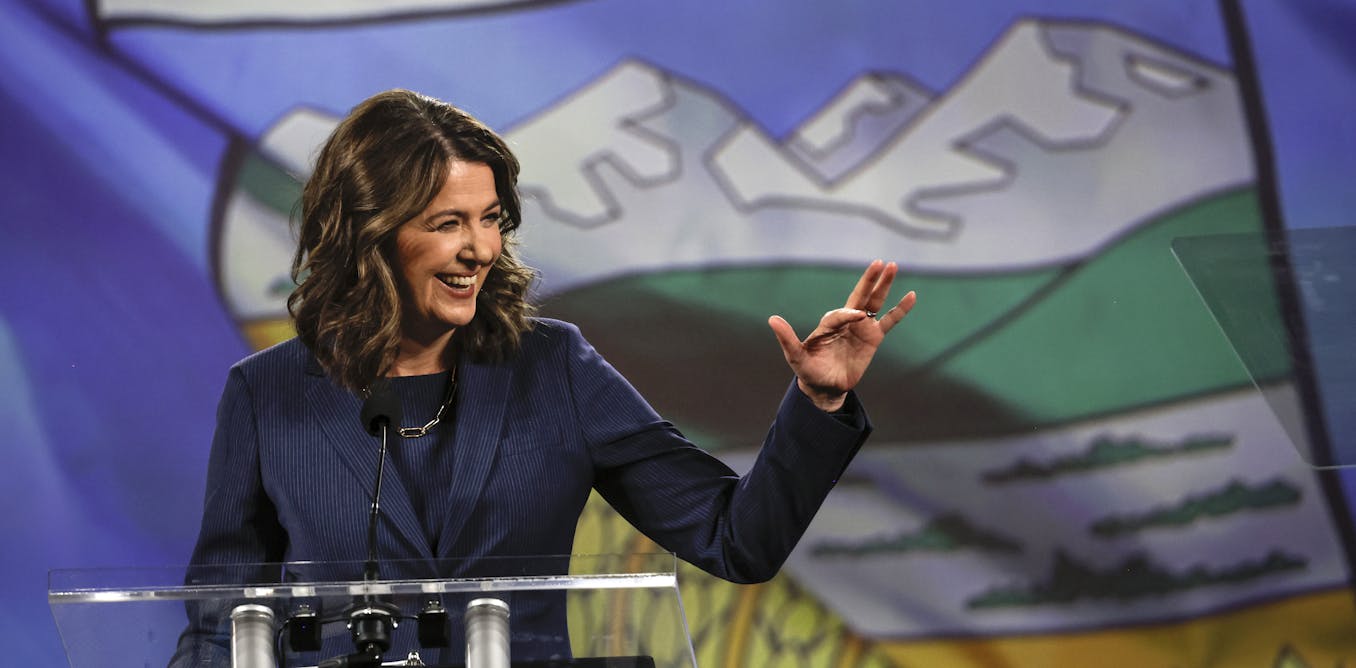So, as we tally the cost of unfulfilled promises and apparent deceptions, one can’t help but find a wry smirk forming at the irony of it all. Oh, Trudeau, the master of political theatrics! Who needs a magic 8-ball when we have a Prime Minister who can say one thing and do another with such finesse? If only deception was an Olympic sport, he’d surely bring home the gold! But alas, we are left with the consequences of his artistry.
In recent times, Canada has witnessed a growing wave of discontent as citizens mourn the loss of lives and question the actions of their Prime Minister, Justin Trudeau. His tenure has been marred by controversies, leaving many to ponder the consequences of his decisions and their impact on the nation.
One of the most critical issues haunting Trudeau’s leadership is his handling of promises and commitments made during his political campaigns. Allegations of deception have been widespread, leading to the rallying cry, “Trudeau lied, people died.” This emotive phrase has become emblematic of the deep-seated frustration felt by a significant portion of the Canadian populace.
Trudeau’s alleged deception was his commitment to transparency in government affairs. Trudeau had pledged to bring a new era of openness and honesty to the Canadian political landscape. However, his subsequent involvement in the SNC-Lavalin affair shattered this promise, as he faced accusations of attempting to influence judicial proceedings for corporate interests. Such actions raised questions about the true extent of his dedication to accountability and sparked a firestorm of public outrage.
Moreover, Trudeau’s response to the COVID-19 pandemic has come under immense scrutiny. Although he pledged to prioritize the health and safety of the Canadian population, critics argue that his administration’s handling of the crisis has been inconsistent and sometimes contradictory. Some claim that early on, inadequate border control measures may have contributed to the spread of the virus, leading to avoidable fatalities.
Furthermore, the matter of Indigenous reconciliation has been a thorn in Trudeau’s side throughout his tenure. In 2015, he promised to repair Canada’s relationship with Indigenous communities and address the longstanding issues of land rights and historical injustices. Yet, in the eyes of many Indigenous leaders and advocates, tangible progress has been disappointingly slow, leaving marginalized communities to face continued hardships and a lack of substantive change.
The consequences of broken promises and alleged deceptions extend beyond political maneuverings. They reverberate in the somber reality of lost lives. Whether it be through the handling of public health crises or the plight of Indigenous communities, the impact of Trudeau’s decisions on individual Canadians has been profound. Families have lost loved ones, and communities have been left reeling, questioning whether the leader they once placed their trust in truly understands the gravity of his decisions.
As the nation grapples with these issues, it becomes increasingly evident that there is a pressing need for transparency, accountability, and meaningful dialogue between the government and its citizens. Canadians are yearning for true leadership, one that is guided not by political expediency, but by a genuine commitment to the welfare of the nation.
In this time of mourning and contemplation, it is essential for Canadians to demand a comprehensive reevaluation of their leadership. The phrase “Trudeau lied, people died” serves as a reminder of the gravity of broken promises and the profound impact of political decisions. As the nation navigates its way forward, it must seek leaders who can restore faith and unity, fostering a brighter and more resilient future for all Canadians. Only through openness, sincerity, and a shared dedication to the common good can the wounds of the past be healed and the nation move towards a more hopeful tomorrow.










